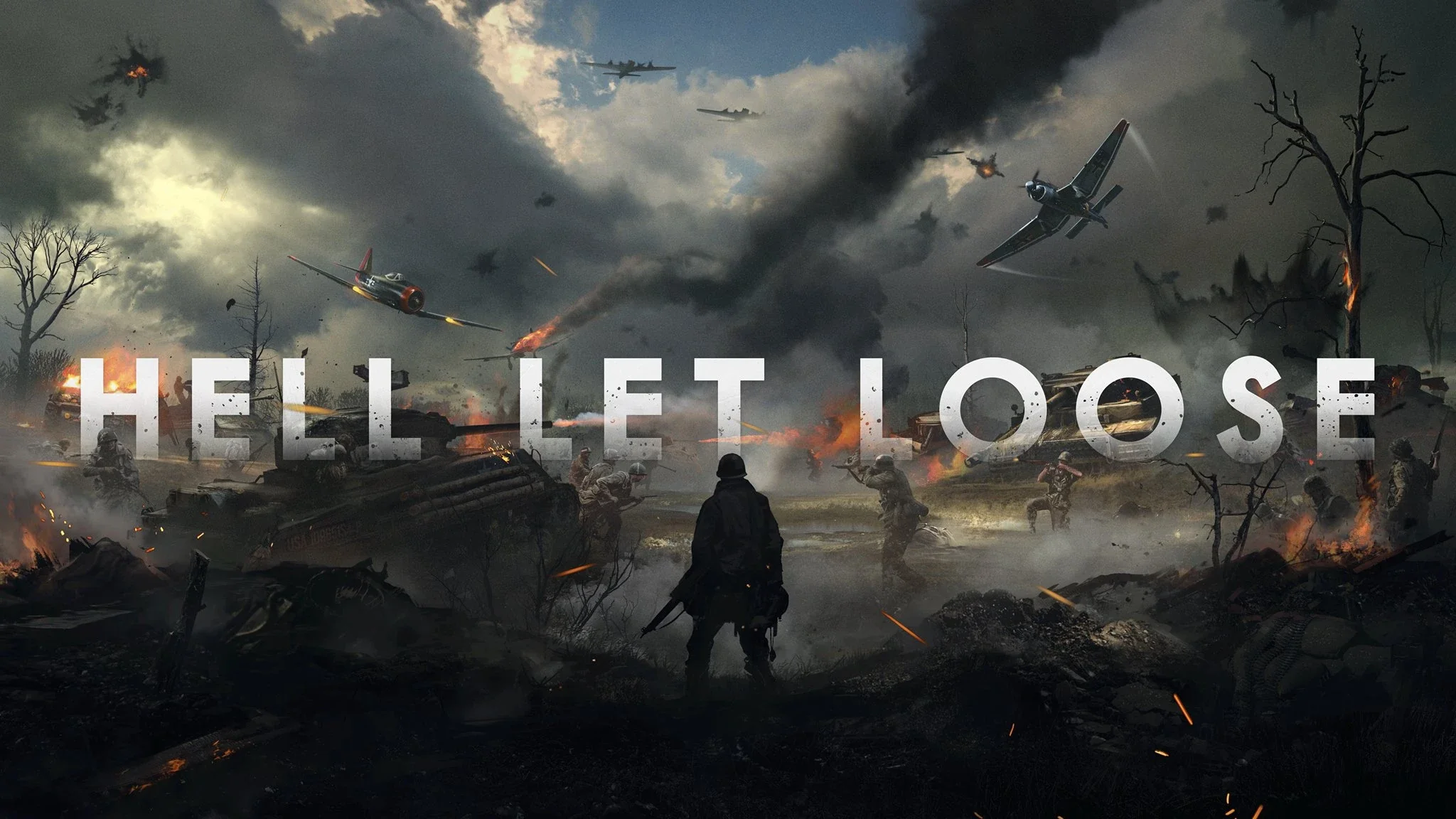Video Games and Business Models
A recent roundtable podcast from Massively OP, along with a post over at MMO Bro, have both touched upon the thorny issue of business models for the MMO genre. Things have changed a great deal over the last two decades and we’ve come a long way from the days of the monthly subscription. Back then, purchasing a game and a subscription provided unfettered access to all content that was currently available. There were no cash shops, selling cosmetic items and convenience based items. You just paid, played and pursued your gaming. And because MMOs were a somewhat niche market pastime at this stage, this business model proved sufficient to sustain the market. However, improvements in graphics and processing power facilitated a new generation of MMOs, which coupled with the growth in home internet access, meant that the genre gained a wider popularity. However, gaining more customers and expanding your consumer base comes with its own set of problems and success can be a double edged sword.
Early MMOs often lacked clearly delineated quests and quest hubs per se, relying upon players to figure out many of the logistical requirements to level themselves. This open world, sandbox approach along with a lack of hand holding meant that players had to be patient and prepared to invest time when playing. Increased popularity led to an influx of new players who weren’t necessarily as disposed to participate under such parameters. Hence the MMO became, for better or for worse, more casual friendly and progressing through content became more streamlined and procedural. As a result, developers soon found that some players would voraciously consume content and that new material could not be created to meet demand. Suddenly the subscription business model proved to be an Achilles Heel for the industry, as players with nothing to do unsubscribe.
Is this the only reason for the demise of the subscription business model? Over at the MMO Bro it is viewed with a distinct lack of nostalgia. They even argue that it perpetuated grind in game design. Yet grind is often present in all games of this genre regardless of the business model because developers simply cannot produce content fast enough. The example of WoW cited in the post may be true, but it isn’t necessarily applicable to other games. I have revisited my notes and blog posts from the days when LOTRO, STO and SWTOR were subscription games and they didn’t strike me as excessively grindy at the time. The amount of content available in an MMO is also dependent on your point of entry into a game. I have recently started playing ESO again, and there is plenty of material for me to explore. However, if you have been playing continuously since launch, then that may not be the case.
As for the “spit in the face of loyalty” allegation, it’s sadly no different from other subscription services and is frankly a reality of life, regardless of moral rectitude. If you stop paying for Netflix, then you cease to have access to the service. People don’t quibble about this, so what makes MMOs so different? The F2P business model theoretically allows you to technically keep playing a game after you cease paying, but often the reduction of service will hobble the player. It also depends on the game and their particular approach. Although I agree that customer loyalty should count for something, we live in a world where more often than not is doesn’t, so complaining about it in these circumstances seems somewhat illogical. I also think that the argument that subscribing to an MMO locks you in, thus reducing the likelihood of you trying other titles is purely subjective. I cannot effectively play more than three MMOs simultaneously and frankly the notion of a subscription focusing me on a single title is possibly a good thing, due to the good old “sunk cost” fallacy.
I have never seen the purpose of a subscription or any particular business model to provide customers with a level playing field. I consider it merely as a fee to access content. The whole level playing field concept was born from a time when MMOs were niche market products and more imbued with the egalitarian motives of some of their developers. This philosophy is often incompatible with business needs. Furthermore, I come from a generation that bought products and considered a sense of ownership to be important. However, times change whether we like them or not, and now the notion of selling a product to the customer just once and not receiving any additional revenue is no longer favoured. Hence we face the age of “everything as a service” with add-ons and upgrades to suit your needs. But there are consequences to changing your approach to business. The subscription business model discouraged transient players or those who only wish to troll and disrupt. Removing barriers may increase revenue but can impact upon the quality of a player base and community. F2P viewed from certain perspectives can be compared to removing security from the night club door.
I believe the main reason the subscription model was replaced wasn’t due to any ethical, moral or philosophical failings. It was simply due to economics. All business models are usually conceived for the benefit of the shareholders first and the customer second. Subscriptions didn’t die due to gamers campaigning against them. The model failed due to the old conundrum of supply and demand. F2P and B2P hybrids with cash stores and optional subs with benefit, simply buy the developers more time by attracting a wider client base. One that isn’t as hardcore as some old school subscribers. Overall this is a tale of changing economics and not much else. New technology is another culprit in forcing business to radically overhaul long established practices. The digital age is slowly replacing ownership of physical items with the provision of services. Subscriptions were merely a convenient solution for the games of the time. To ascribe them any further attributes or view them with more sinister motives is possibly a mistake.




























